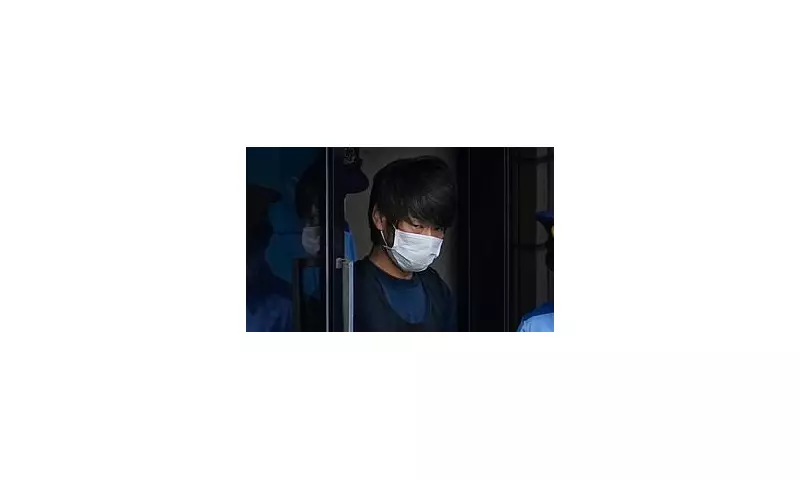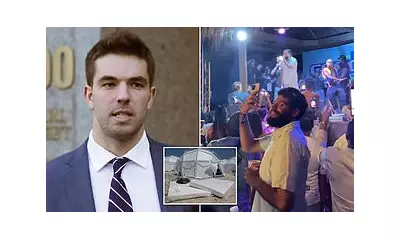
In a dramatic courtroom revelation that has sent shockwaves through Japan's political establishment, Tetsuya Yamagami has formally admitted to the daylight assassination of former Prime Minister Shinzo Abe. The confession comes exactly three years after the shocking attack that stunned the nation and the international community.
The Daylight Assassination
The fatal shooting occurred on July 8, 2022, while Mr Abe was delivering a campaign speech in the city of Nara. In a scene captured by multiple cameras and broadcast globally, the former leader collapsed after being struck from behind by projectiles fired from a crudely constructed weapon.
Emergency services rushed the 67-year-old former statesman to hospital, but he was pronounced dead hours later from significant blood loss and catastrophic injuries.
The Homemade Weapon
Investigators later revealed the astonishing sophistication of Yamagami's homemade firearm. The double-barrelled weapon, constructed from household materials and metal pipes, was capable of firing multiple projectiles with devastating effect. Security experts expressed amazement that such a device could be assembled without detection.
Revealing the Motive
During his testimony, Yamagami disclosed that his actions were driven by a deep-seated grudge against the Unification Church, now known as the Family Federation for World Peace and Unification. The assassin believed Mr Abe's grandfather, former Prime Minister Nobusuke Kishi, had played a significant role in promoting the religious group in Japan.
Yamagami told the court that his family had suffered financial ruin due to his mother's substantial donations to the organisation, leaving him consumed by resentment that ultimately targeted the former prime minister.
Security Failures Exposed
The assassination exposed critical vulnerabilities in Japanese political security. Despite Mr Abe's high-profile status, the attacker was able to approach within close range without intervention. The incident prompted nationwide reviews of protection protocols for public figures during outdoor events.
International Repercussions
Mr Abe's killing drew condemnation from world leaders and triggered an unprecedented outpouring of grief across Japan. As the country's longest-serving prime minister, Mr Abe had remained an influential figure in Japanese politics and international relations even after leaving office.
The trial continues as prosecutors seek to establish the full timeline of Yamagami's planning and preparation for one of Japan's most significant political assassinations in modern history.





